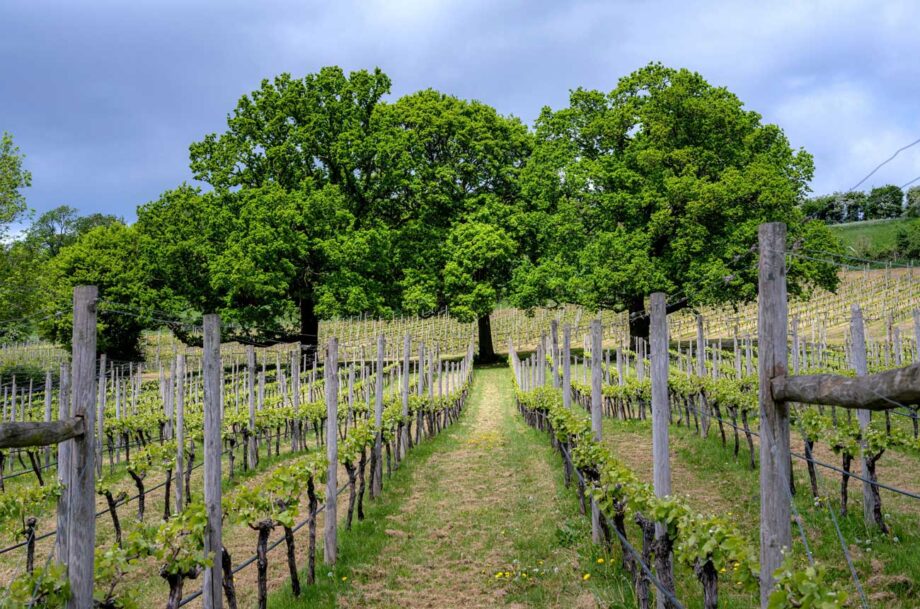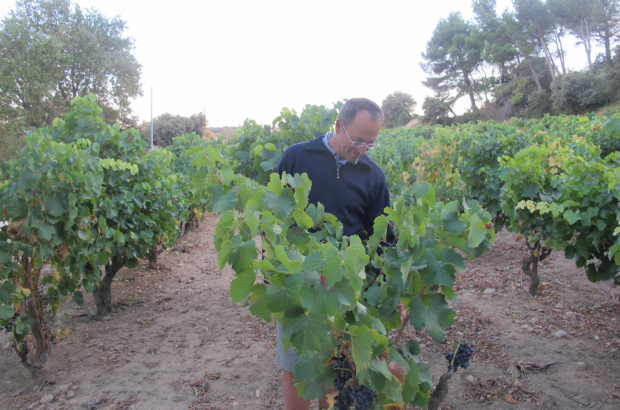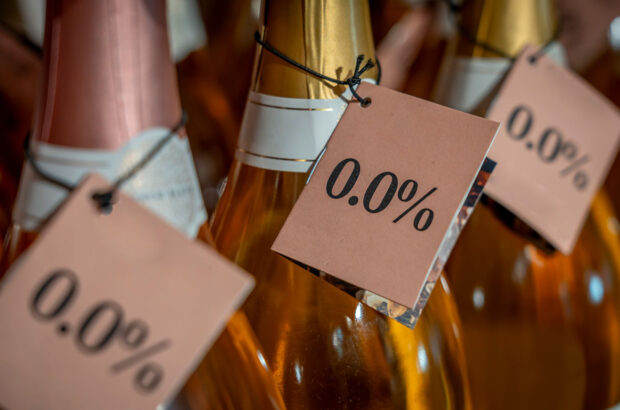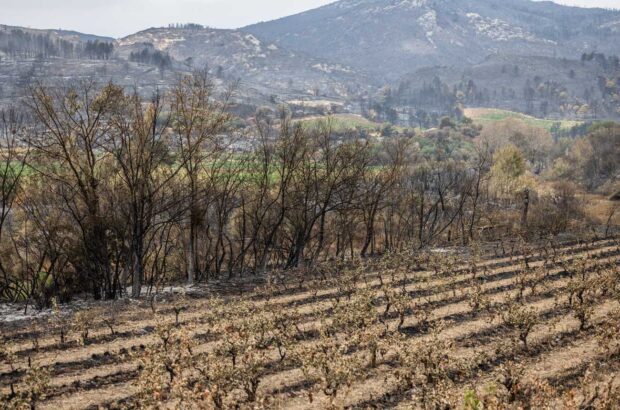Across all UK wine categories, sales volumes were up 3% from 2023, according to new data from the wine team at the Food Standards Agency.
‘A 3% growth in sales is a notable achievement given the current economic climate, recent regulatory changes, and the fact that our producers continue to face considerable economic barriers not seen in mature markets,’ said Nicola Bates, CEO of WineGB.
Volumes of still wine sold totalled 2.9 million bottles – a 10% increase on the previous year – outpacing sparkling albeit from a small base.
Sales of sparkling counterparts last year matched the 2023 figure of 6.2 million bottles, an encouraging performance given that Champagne sales were down for the same period.
The amount of wine sold on the export market also grew by 35% year on year, now accounting for 9% of total sales.
Following the record vintage of 2023, which equated to 21.6 million bottles, last year saw just shy of 10.7 million bottles produced. This was largely down to crop losses from persistent wet weather leading to associated vineyard diseases.
The overall yield was still the fourth highest of the last decade, however, thanks to the growth in vineyard plantings in recent years.
The UK is now home to 99 different grape varieties, which include Sauvignon Blanc, Gamay, Albariño, Merlot and Riesling, while the six most-planted grapes remain unchanged from last year. Champagne varieties Chardonnay, Pinot Noir and Pinot Meunier lead the way, followed by Bacchus, Seyval Blanc and Solaris.
A further 25 wineries were established last year, and 74 vineyards, bringing the totals to 238 and 1,104 respectively. The total land under vine now comprises 4,841ha, an increase of 510% since 2005.
The majority of vineyard plantings are in Kent, followed in second place by West Sussex, but recent additions in Essex have elevated the county to third in terms of land under vine, ahead of East Sussex and Hampshire.
Sustaining growth does of course come hand in hand with hiring the talent necessary to carry the industry forward. This year’s WineGB Industry Survey suggested that the next three years will see an increase of 21% in full-time roles.
‘Our industry shows resilience and remains in a growth phase with planting and employment continuing to show an upward trend,’ Bates said.







